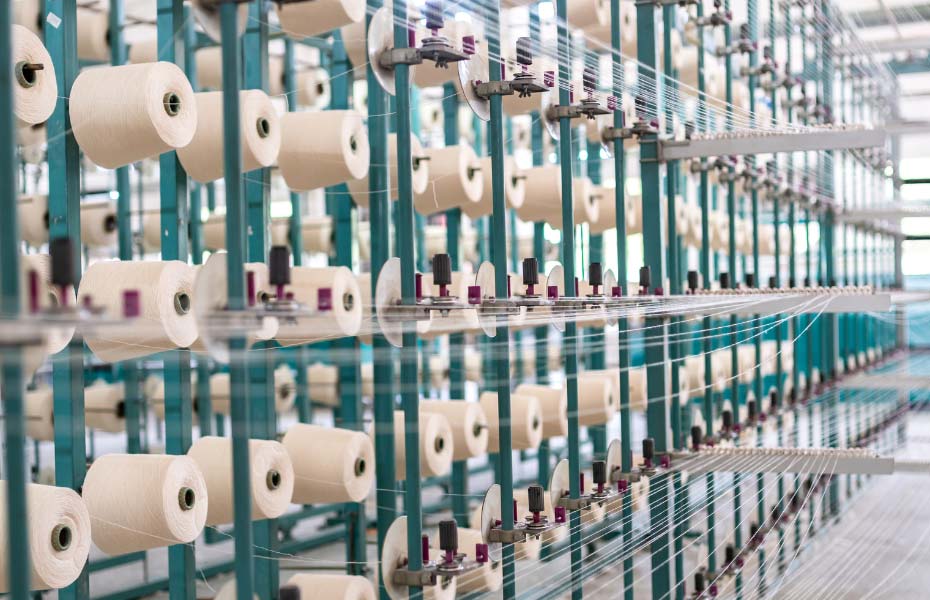In the textile industry, sustainability and environmental responsibility are increasingly important values. The demand for recycled textile products has increased considerably in recent years, and companies are looking for innovative solutions to reduce their environmental footprint. In this context, technology has played a key role in the manufacture of pre-consumer recycled yarn, enabling significant improvements in the quality, efficiency and sustainability of processes.
Technological innovations in the sorting and classification of recycled materials
The key to the manufacture of pre-consumer recycled yarn lies in the proper selection and sorting of recycled materials. Technology has enabled the development of advanced automated separation and sorting systems capable of identifying and separating different types of textile fibers. These systems use intelligent algorithms and optical sensors to ensure the purity of the recycled material, thus improving the quality of the yarn produced.
Efficiency and quality guaranteed by advanced spinning technology
Spinning technology plays a crucial role in the production of high-quality pre-consumer recycled yarn. Through the use of specialized machinery and equipment, more efficient processing of recycled fibers is achieved, ensuring uniform distribution and proper twist in each strand of yarn. This results in stronger and more durable end products that meet the quality standards required by the textile industry.
Resource optimization and waste reduction in the manufacture of recycled yarns
Technology has made it possible to optimize the use of resources and minimize waste in the manufacture of pre-consumer recycled yarn. Process control systems and real-time monitoring have improved energy efficiency and machine performance, thereby reducing energy and water consumption. In addition, recycling and waste reuse systems have been implemented, maximizing the utilization of recycled materials and minimizing waste generation.
Data and statistics: measurable and sustainable impact
Technological advances in the manufacture of pre-consumer recycled yarn have a measurable impact on sustainability. According to recent studies, the adoption of advanced technologies in the textile recycling process has led to a reduction of up to 50% in carbon emissions compared to traditional methods. In addition, significant savings in water and energy consumption have been achieved, thus contributing to the conservation of natural resources. Pre-consumer recycled yarn has become a powerful tool to promote sustainability in fashion and the textile industry in general and build a more responsible future for our planet. Join the sustainable textile revolution!


